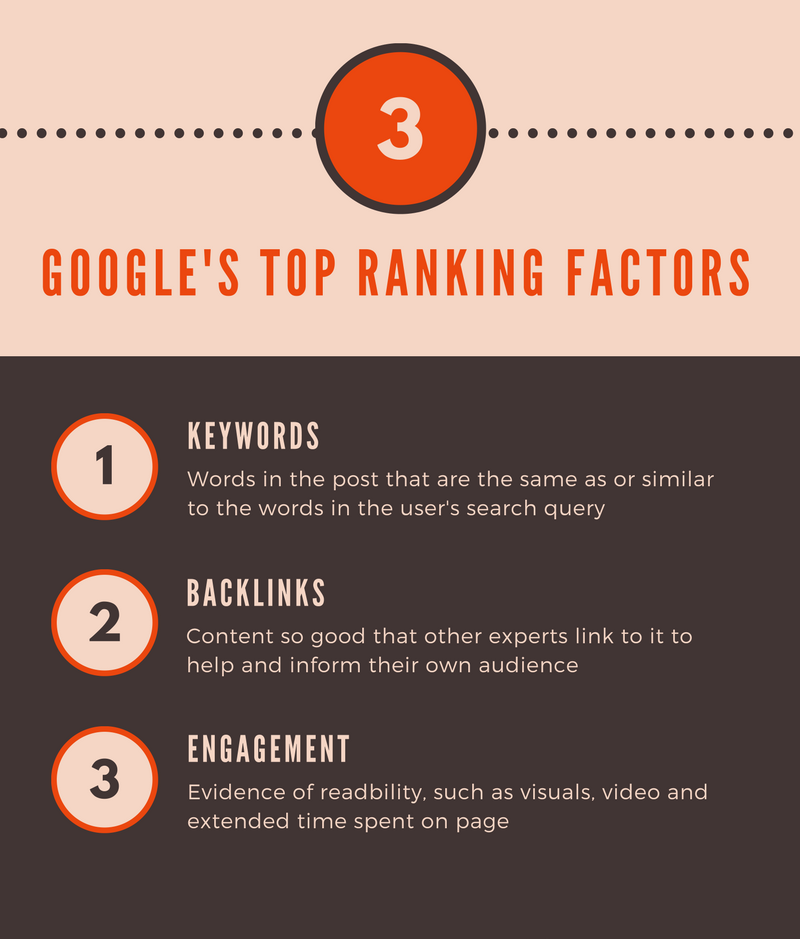Branding, Brain Science, And The Explicable Popularity Of Donald Trump
Edit: I wrote this post way before the 2016 US Presidential Election, never expecting him to win...
He looks bizarre, he makes offensive comments about many of the people he expects will vote for him. He has no experience in politics, no grounding in international law or diplomacy. He’s a property magnate and TV star and he’s sounding more like Hitler every day. What the hell is going on?
If you Google ‘Why is Donald Trump so popular' you’ll find theories about the fearless authenticity of his offensiveness, his simple, repetitive message and even his celebrity status. All these things are true.
But what’s more important than the what the hell? and the how is he doing this? of Donald Trump is his dream to make America great again.
As a marketer I spend a lot of time thinking about branding. A successful brand is an attractive, comforting experience. Iconic brands skip over the finer details of what they do and march relentlessly forwards towards the dream. They tell you what they believe, and they make you feel great about joining them.
In his TED talk, Start With The Why, Simon Sinek puts forward the idea that rather than dwelling on the details, great leaders and brands attract people by selling their why. They sell a better world that their business or leadership ambitions just happen to align with.
Under a ‘why’ you can attract anyone who believes in your dream. You can sell or provide whatever you like, as long as it lives the dream. Apple’s mission to challenge the way we think technology should work has allowed them to extend their range from rainbow-coloured computers to music and phones and TVs and watches that sell in their millions, all the while maintaining a consistent brand image. Their competitors might use ‘facts’ to ‘prove’ their products are better, but Apple trumps them all. How? Because Apple inspires its customers to live better lives by buying from Apple.
As Sinek says:
‘People don’t buy what you do, they buy why you do it.'
‘What you do proves what you believe.'
There are solid biological theories as to why we believe in dreams not details. Our decisions are made by the oldest, pre-linguistic part of our brain, the limbic system, also called the emotional nervous system. It deals with feelings, including trust and loyalty. It’s your gut, your instinct, and it makes your decisions, no matter how rational you think you are.
Sinek, speaking in 2013, also cites Martin Luther King, who rallied many thousands of people, a great proportion of whom were not directly affected by racial inequality, by bringing them a dream. He shifted the focus from the details and practicalities of combatting racial inequality to wanting to live in a better world. Who doesn’t want s better world?
It's this idea of a dream that brings me back to the Trump. Here’s his Super Tuesday speech (caps my own emphasis):
‘This has been an amazing evening. Already, we’ve WON five major states and it looks like we could WIN six or seven or eight or nine.
‘It’s really been — it’s really been GREAT.
‘I want to congratulation Ted on the WINNING of Texas. He worked hard on he — I know how hard he worked actually, and so I congratulate Ted Cruz on that WIN. That was an excellent WIN.
‘We’re going to make America GREAT again, folks. We’re going to make it GREAT again.
‘And, you know, I watched Hillary’s speech and she’s talking about wages have been POOR and everything’s POOR and everything’s doing BADLY, but we’re going to make it — she’s been there for so long. I mean, if she hasn’t straightened it out by now, she’s not going to straighten it out in the next four years. It’s just going to become WORSE and WORSE. She wants to make America WHOLE again and I’m trying to figure out what is that all about. Make America GREAT again is going to be much better than making America WHOLE again.'
It’s a skilful choice of words. Anything that refers to himself and the Republican Party is about winning. He even describes his own loss as Cruz’s ‘win’. But when he talks about Clinton, he repeats ‘poor’ and ‘badly’, and uses the word ‘whole’ to imply a lack of meaning in her campaign. His words are positive, hers negative. His dream is to make America great again, hers (says Trump) is to confuse people with details and keep on making it worse.
In constructing a personal marketing campaign purely around a dream, and aiming his message squarely at the people worst affected by the great recession, Trump—a rich and ostensibly successful man—makes himself a very attractive presidential candidate indeed.
He has said so many downright offensive, racist, sexist things over the course of the campaign that his comments no longer even shock. But that’s all details, and details are apparently for losers. Donald Trump gets away with offensive outbursts and contradictory behaviour because his dream allows him — no, necessitates him — to say and do whatever it takes to make America great again. The more he offends, the more consistently he follows and reinforces his brand message.
Ultimately, presidents (and prime ministers) have always won on their dreams and ideology, not the finer details of their policies or ideas. But we've never had a candidate with no political knowledge so brazenly put himself forward before. The Trump might just prove once and for all that it’s never what you do, it’s only ever why you do it (or the lie you tell to justify yourself) that really counts.










